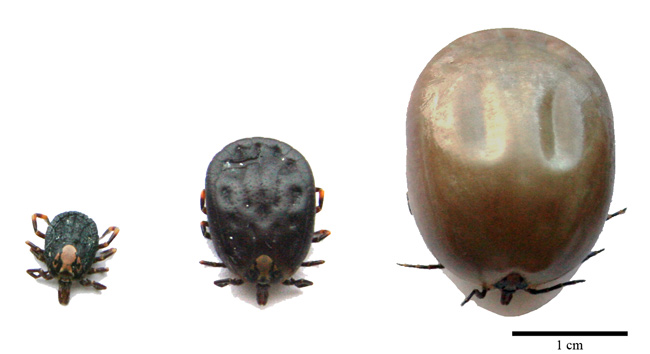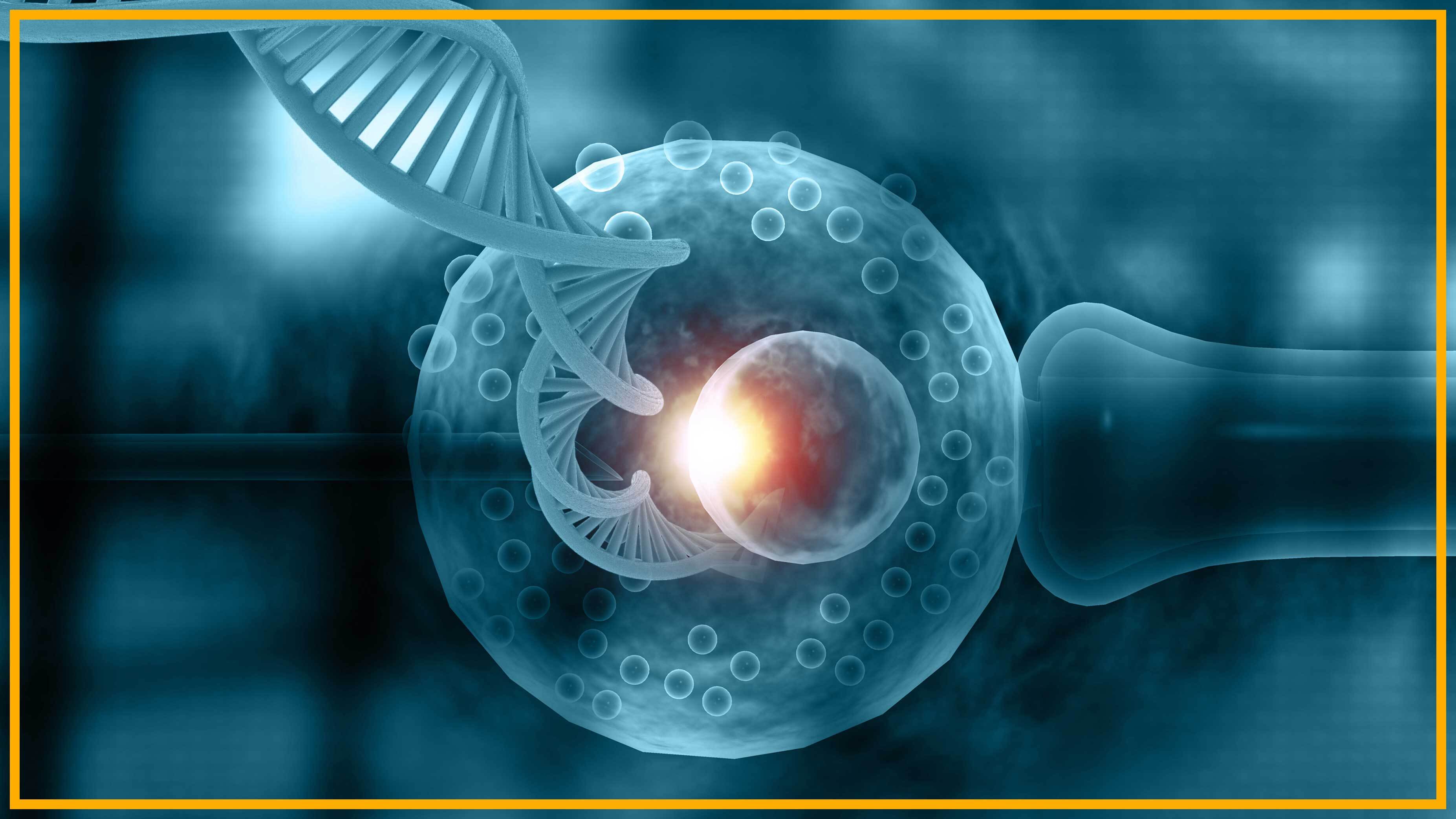Sex Fattens Female Ticks to 100 Times Normal Size

Get the world’s most fascinating discoveries delivered straight to your inbox.
You are now subscribed
Your newsletter sign-up was successful
Want to add more newsletters?

Delivered Daily
Daily Newsletter
Sign up for the latest discoveries, groundbreaking research and fascinating breakthroughs that impact you and the wider world direct to your inbox.

Once a week
Life's Little Mysteries
Feed your curiosity with an exclusive mystery every week, solved with science and delivered direct to your inbox before it's seen anywhere else.

Once a week
How It Works
Sign up to our free science & technology newsletter for your weekly fix of fascinating articles, quick quizzes, amazing images, and more

Delivered daily
Space.com Newsletter
Breaking space news, the latest updates on rocket launches, skywatching events and more!

Once a month
Watch This Space
Sign up to our monthly entertainment newsletter to keep up with all our coverage of the latest sci-fi and space movies, tv shows, games and books.

Once a week
Night Sky This Week
Discover this week's must-see night sky events, moon phases, and stunning astrophotos. Sign up for our skywatching newsletter and explore the universe with us!
Join the club
Get full access to premium articles, exclusive features and a growing list of member rewards.
Sex can be fattening if you’re a female tick. After mating, one species of female tick balloons to a body-bursting 100 times its original size. Why the once lean tick would get so engorged after sex has been a mystery. Does the female enjoy the human equivalent of a celebratory feast once it has accomplished the mating mission? Not so much, according to one scientist. Lifestyle differences between the African tick, a species in a family of hard-bodied ticks called ioxids, and its blood-sucking counterparts could be partially to blame for the massive weight gain. The report is published in the Journal of Insect Physiology. Reuben Kaufman of the University of Alberta in Canada compared the tick’s weight gain with that also found in mosquitoes , tsetse flies, bed bugs and kissing bugs, finding that none rivaled this tick’s “pound-packing” abilities. The ioxids mate while feeding on their host, which includes mammals such as livestock and humans, and birds. "Most other insects mate before or after their brief blood meal—the two acts are totally separate, but not with these ticks,” Kaufman said. And rather than a quickie, the African tick and other ioxids remain on the host for days to weeks during the mating cycle. While awaiting a mate, the virgin female will latch onto a host, slowly feeding on blood. The “dieting” rate of food intake ensures a svelte figure, which keeps the female tick below a critical weight necessary for laying eggs. If the virgin, under-engorged female were to get brushed off the host it would have a chance to find another host—and a mate. That’s because once the ticks reach a critical weight, for some reason they won’t climb onto another host and reattach. Kaufman suggests a few reasons to explain why the fatso females wouldn’t reattach, including the observation that when the ticks go beyond the critical weight their salivary glands, necessary for feeding, degenerate. If they can’t suck blood why find a host? No host equals no chance of finding a mate. "A virgin is really at a dead end if she leaves the host above the critical weight because she won’t be able to reattach, and any eggs she lays will be infertile,” Kaufman told LiveScience. In fact, the virgin tick rarely exceeds the critical weight necessary for laying eggs. “If she remains small she still has a chance to reattach itself to another host—hopefully infested with some feeding males—continuing feeding and potentially mate," Kaufman said. The male tick also plays a role in the after-sex binge. Its seminal fluid contains two so-called engorgement factor proteins that signal the female not to finish engorging until reaching up to 1,000 milligrams. Ioxid ticks transmit many infectious diseases to livestock and wild animals and are second only to mosquitoes in passing pathogens to humans. For these reasons, Kaufman hopes to continue this research to find an anti-tick vaccine. Preliminary experiments have suggested that normal, mated ticks can’t fully engorge when feeding, and in turn can’t produce viable eggs, on a host that has been immunized against the engorgement factor proteins. If this is the case, scientists could concoct an anti-tick vaccine that would block the tick’s reproduction and keep hosts safe from further infestation.
Get the world’s most fascinating discoveries delivered straight to your inbox.
Jeanna Bryner is managing editor of Scientific American. Previously she was editor in chief of Live Science and, prior to that, an editor at Scholastic's Science World magazine. Bryner has an English degree from Salisbury University, a master's degree in biogeochemistry and environmental sciences from the University of Maryland and a graduate science journalism degree from New York University. She has worked as a biologist in Florida, where she monitored wetlands and did field surveys for endangered species, including the gorgeous Florida Scrub Jay. She also received an ocean sciences journalism fellowship from the Woods Hole Oceanographic Institution. She is a firm believer that science is for everyone and that just about everything can be viewed through the lens of science.
 Live Science Plus
Live Science Plus










